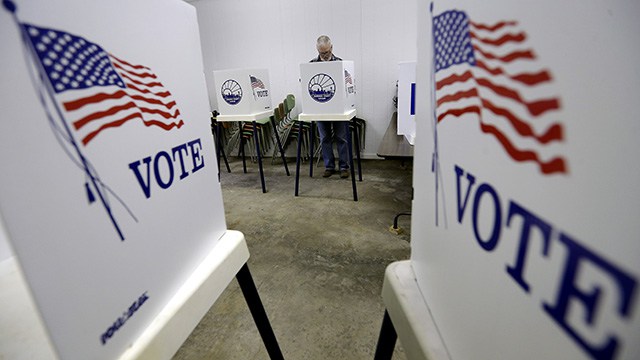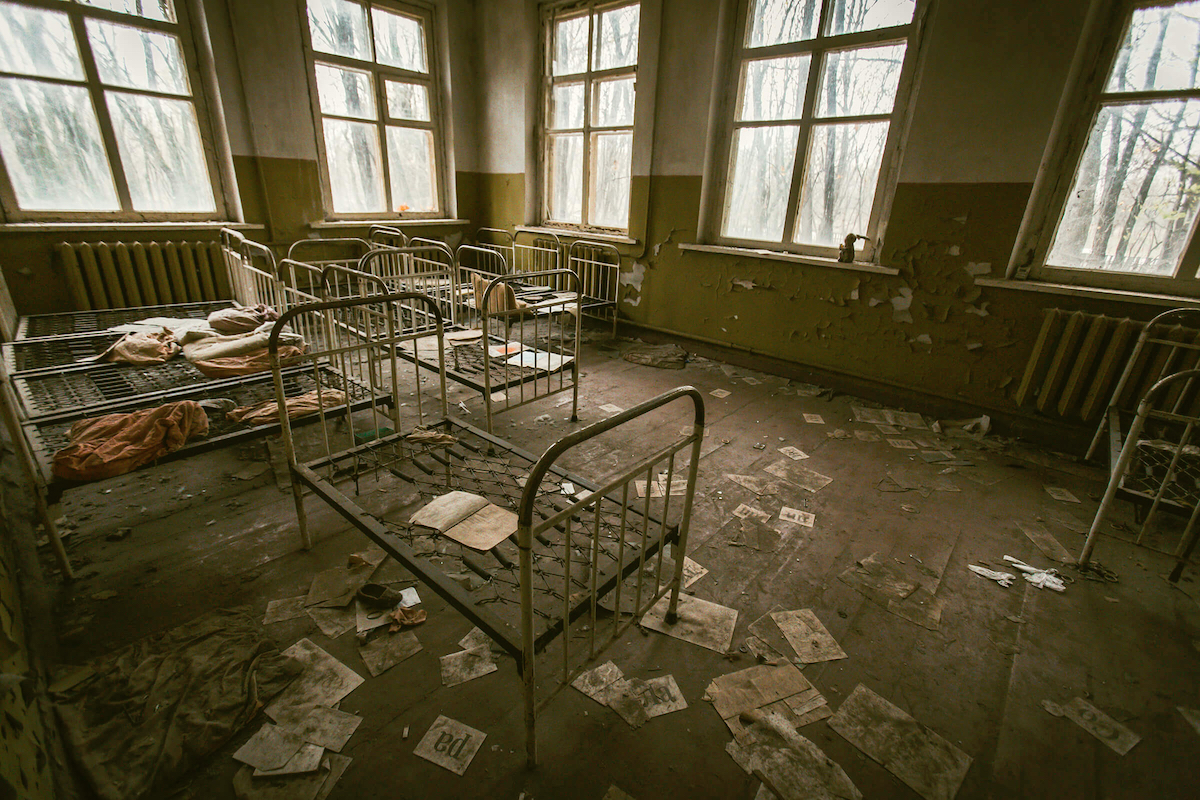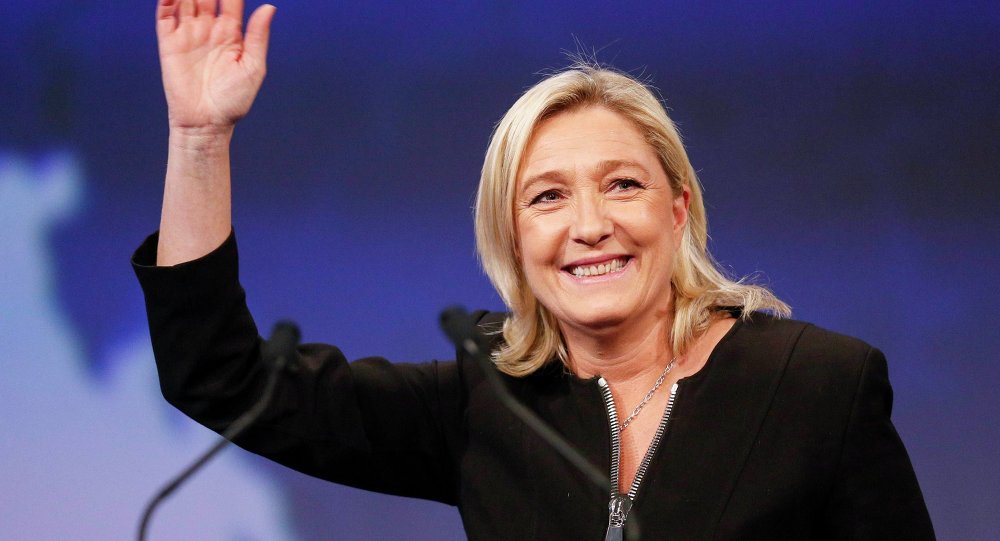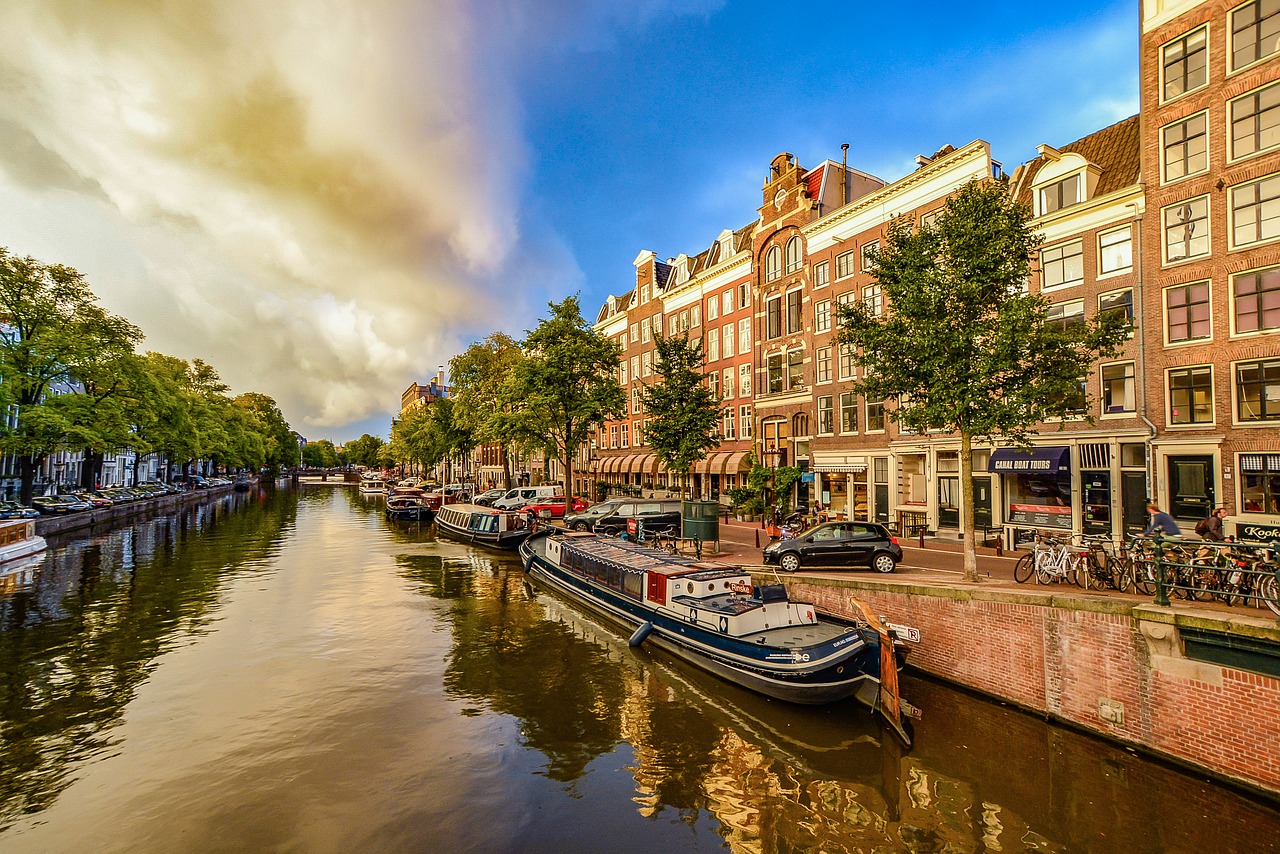
Let’s Go Dutch
There’s a lot of focus on France and Germany this year as we find out if many Western electorates are voting for what we would call ‘extreme’ candidates in 2017.
What is receiving less attention is next week’s Dutch election to the House of Representatives.
The Netherlands also has an anti-Islamic and anti-EU politician who is polling high. His name is Geert Wilders. If you’ve read much about the Dutch election then the chances are the commentary is focussed on his trajectory.
The reason this election is not attracting as much international attention is because even if Wilders wins, he’s unlikely to be in power – so the Dutch are unlikely to leave the EU.
For this newsletter, we’d like to take a look at events that have shaped the rise of Wilders, as well as focus on some of the more positive messages coming out of the election. Jesse Klaver of the Greenlinks party has almost quadrupled his share of the vote in the last couple of years – which should give you a different perspective on this election.
An overview

The Netherlands holds parliamentary elections on 15 March. Polls have long predicted that the anti-Islam, anti-EU Geert Wilders’ populist Party for Freedom (PVV) could emerge as the country’s largest party, although Wilders is thought unlikely to enter government.
Dutch Discontent

Negative views of Dutch immigration and government
“Ten years ago, I was more trusting — I thought the integration of Muslims would go well here. I did not begrudge anyone his or her existence in our beautiful country. But I now know that for many Muslims, this integration will not happen. As an example, there were big Turkish demonstrations in Rotterdam to protest the [attempted] coup in Turkey [in July]. Demonstrating Turks who have been living for years or were born here, I found frightening. They seem to feel absolutely no affinity with the Netherlands.”
[Another point of view] “Unlike 20 years ago, I have lost all political preference. National politics has become an independent bubble and has nothing to do with the everyday life nor the furious Dutch society.”

Disillusionment with the Hague
“Last year, the Dutch public voted on whether to approve the EU association agreement with Ukraine. The referendum only happened because of a public petition large enough to bring it about (another quirk of Dutch democracy). The turnout was above the threshold for such referendums to be valid and the public voted overwhelmingly against the agreement, which their government had already ratified. The public were ignored, just as in 2005 when they rejected the new EU constitution at the polls. Once again, the Dutch government effectively told the people: ‘You spoke? So what?’”
Islam, Turkey and Dutch Identity

Dutch journalist arrested in Turkey for criticising Erdoğan
“A Dutch journalist was blocked from leaving Turkey on Sunday following her arrest on Saturday night for tweets deemed critical of the Turkish president, Recep Tayyip Erdoğan.”
“Umar, a well-known atheist and feminist journalist of Turkish origin, recently wrote a piece criticising Erdoğan for the Dutch daily Metro, extracts of which she then tweeted, leading to her arrest. After her arrest in the resort town of Kusadasi in western Turkey, where she was on holiday, Dutch officials said, she was brought before a judge.”

Turkish hotline for Erdogan insults angers Dutch
“The Turkish consulate in Rotterdam has infuriated Dutch MPs by calling on Turkish groups in the Netherlands to inform it of insults against President Recep Tayyip Erdogan.
Several MPs complained of the “long arm of the Turkish state” while the Dutch PM said it was a “strange” move.”
How progressives are fighting back

Individuals who speak positively of Dutch diversity
“Last December, I accompanied a group of students from the hotel school in Maastricht. They were tasked with finding out how entrepreneurs in this city are responding to its multicultural society. They were stunned. In the media these students heard mostly negativity about multiculturalism, but in the two days they spent in Rotterdam, they saw the convenience, flexibility and naturalness with which shops, restaurants and other businesses operate, and how they also profit from this superdiversity. It gave them a totally different perspective.
What is very clear is that politics and media as a whole are not mirroring the multicultural society which people of Rotterdam experience daily. Politics and media are whiter than white. The gap between the Dutch media and the Dutchman is massive.”

The ‘Jessiah’: the Dutch progressive trying to turn back the populist tide
“Jesse Klaver is described by some in the Netherlands as “the Jessiah”… the success of the bright-eyed 30-year-old leader of the Green Left party in the polls just two weeks from the country’s election day is proving to be something of a buoy that many progressives are holding on to for dear life.
As prime minister, he would offer “hope and change”. Out would go the old “holy trinity” of economic growth, the market and the rollback of the state, and in would come empathy, economic equality and protection of the climate. Enough of the scapegoating of the incomers to the Netherlands, he said, this is a “movement of empathy”.

Lessons from the Dutch on how to fight populism
“…people in the Netherlands were not particularly surprised to see Mr Trump break one taboo after another. Why would they be? For years they had been listening to Mr Wilders and his Party for Freedom (PVV) denouncing “hate palaces” (mosques) and “street terrorists” (kids with immigrant roots)…
The Dutch centre, like its counterparts in the US and the UK, has long relied on a strategy of simply churning out facts, with its self-image as pragmatic and post-ideological. Once the economy gets back on track, the thinking has gone, voters will surely return to the fold. By now, we can have no illusions about where this approach leads. An uptick in economic output will not heal all wounds. A radically different narrative is needed, an idea or vision that may not sweep the polls just yet but that could, like Fortuyn 15 years ago, suddenly attract a groundswell of support.”
In conclusion…
For more information about what Geert Wilders stands for, you might be interested in his very short manifesto here. His anti-Islam stance is front and centre in the document – however, this podcast discusses how he has taken some left-wing economic policy in things like healthcare.
As a side point – I read some Dutch articles, but the translations weren’t very good – so they weren’t suitable for the newsletter.
Also – if you’d like to collaborate with me on upcoming French and German elections then please contact me!

